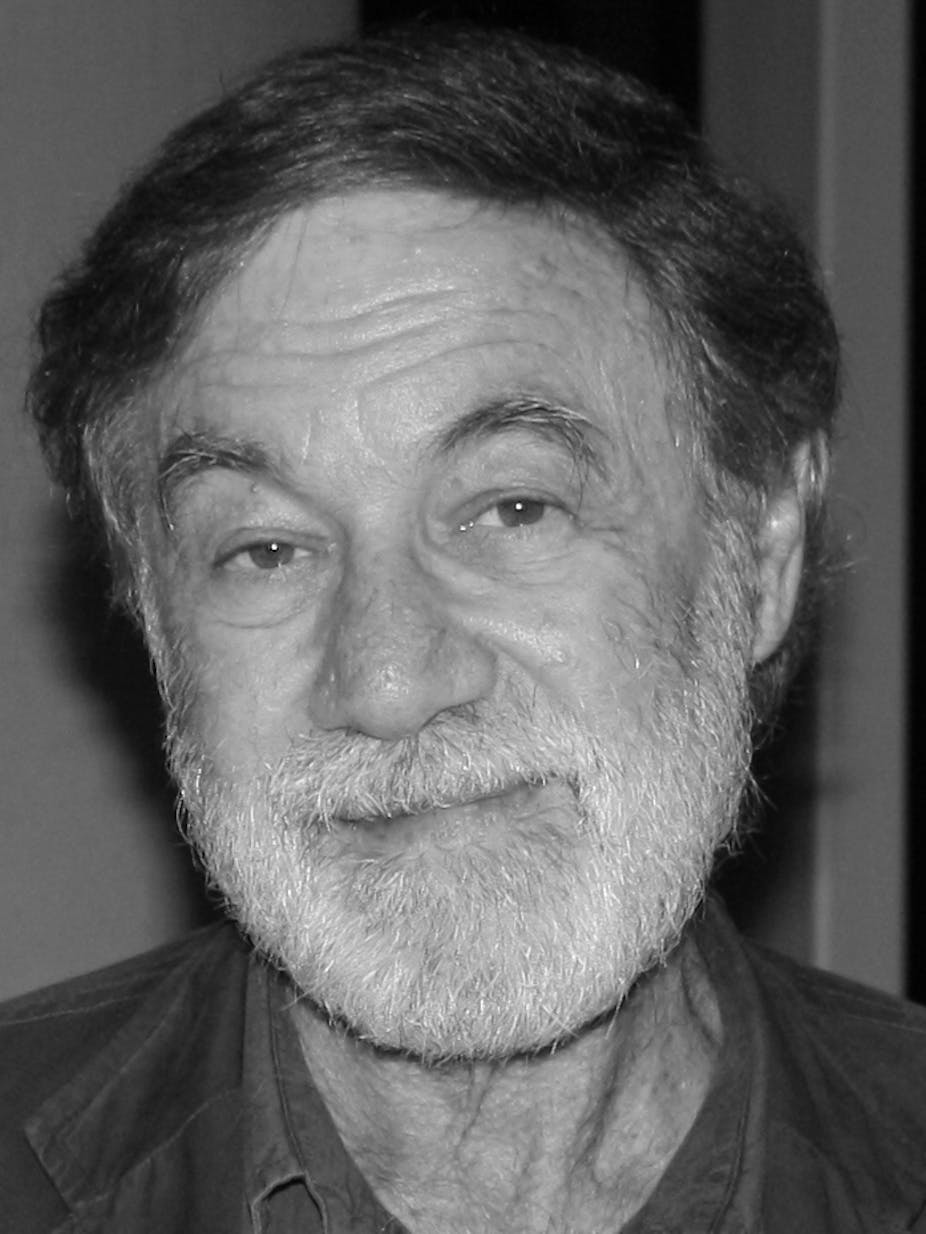The sudden death of public health scholar Professor David Sanders has left people across the globe shocked and with a deep sense of loss. David was still, at the age of 74, actively involved in research, writing, teaching, mentoring and activism. This, after a long career that saw him contribute enormously to many African countries’ health sectors – most notably in Zimbabwe and South Africa.
David was born in South Africa but grew up in Zimbabwe where he qualified as a medical doctor. During the 1970’s he lived in the UK, where he specialised in peadiatrics and public health. During his time in the UK David was actively involved in liberation movements. He returned to newly independent Zimbabwe in 1980 and worked at the University of Zimbabwe’s Medical School. There he established the first rural placement for medical students. He also helped the government to initiate a rural health programme with a focus on household-level health promotion and prevention by community health workers.
He often spoke about his experiences in Zimbabwe when teaching students about primary health care, reminding them that community involvement in health is as important today as it was three decades ago.
In the early 1990s David returned to South Africa to work at what is today the University of KwaZulu-Natal. From there he moved to Cape Town to establish the Public Health Programme (subsequently known as the School of Public Health) at the University of the Western Cape in 1993, becoming its founding director. He led the school until 2009. During his years there he developed a world-renowned distance-learning Masters in Public Health that graduated students from all over Africa.
During his career, in both Zimbabwe and South Africa, a key focus of his work was on the social determinants of health. He also concentrated on the role of community health workers as change agents working inter-sectorally to address the social, political and economic drivers of ill health.
David believed strongly in the power of social mobilisation. But it wasn’t just something he wrote and spoke about: he lived it through his leadership in groups such as the People’s Health Movement. His example inspired social mobilisations to address rights to health care across the globe.
A generous scholar
As an academic David was incredibly generous with his time and always willing to discuss complex topics with students. His lectures were unforgettable. He was able to explain complex social and political concepts in a clear way and always left you with a bold, challenging message that cut to the truth of the matter.
The seminal books he co-authored, The Struggle for Health and Questioning the Solution, were and will continue to be pivotal readings for health professionals bringing new understanding to health and health care beyond the biomedical model.
As a paediatrician, child health and nutrition was a major focus of David’s research, especially the role of community health workers in the promotion of good health and nutrition. David went beyond advocating for their crucial role within primary health care. He brought attention to the importance of their scope of practice, systems for supervision and the neglected issue of appropriate ratios of community workers to households.
Within the area of nutrition, between 1998 and 2002 David undertook research in South Africa’s rural Eastern Cape to improve the management of children with severe malnutrition. This included training and mentoring health workers and documenting the underlying causes of malnutrition in the area. The research led to a 2001 Special Assignment television documentary about the difficulties caregivers faced in accessing the country’s child support grant.
Some of his other nutrition-related research focused on bringing attention to the Breastmilk Substitute Industry for violating South African regulations to protect breastfeeding. He also raised awareness about the role of transnational food companies in the growing obesity and non-communicable diseases epidemic.
David had a unique ability to combine excellent academic research with activism. He could shift easily between addressing a group of world-class academics at international conferences to bringing the same messages to a non-academic civil society or non-governmental organisation.
One of the areas David committed considerable time and energy to more recently was South Africa’s National Health Insurance policy. He worked tirelessly to engage with both senior policy makers in the Department of Health and civil society groups to ensure that the proposed scheme did not widen inequities in access to health care.
He was not afraid to challenge and speak out about sensitive and difficult issues, to people in senior positions of power – and when he did, they sat up and listened.
The struggle continues
Amid the huge gap that has been left by David’s death, most intensely for his family, the outpouring of tributes and messages is testament to the countless individuals he influenced across the corners of the world. Travelling with David in Africa you could not walk into a Ministry of Health without meeting someone he had taught, mentored, or who had read one of his many articles, chapters or books. All of us can and must continue the struggle for health in his honour.

